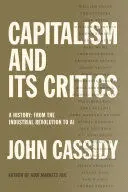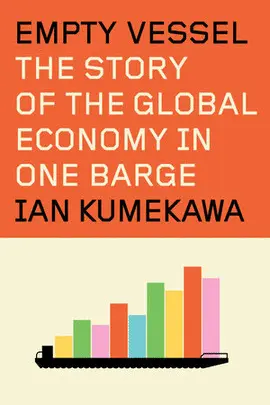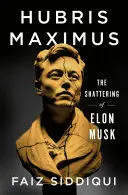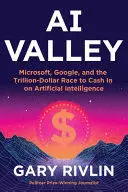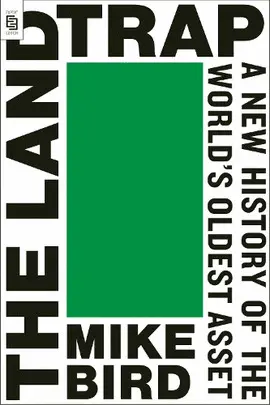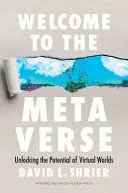Boom
Bubbles And The End Of Stagnation
Byrne Hobart / Tobias Huber
A timely investigation of the causes of technological and scientific stagnation, and a radical blueprint for accelerating innovation. "Read this book for the alternative history of our age." --Peter Thiel, investor and author of Zero to One "A must-read for those who seek to build the future." --Marc Andreessen, cofounder of Netscape and Andreessen Horowitz From the Moon la...
a disponibilidad
Sinopsis
A timely investigation of the causes of technological and scientific stagnation, and a radical blueprint for accelerating innovation.
"Read this book for the alternative history of our age." --Peter Thiel, investor and author of Zero to One "A must-read for those who seek to build the future." --Marc Andreessen, cofounder of Netscape and Andreessen Horowitz
From the Moon landing to the dawning of the atomic age, the decades prior to the 1970s were characterized by the routine invention of transformative technologies at breakneck speed. By comparison, ours is an age of stagnation. Median wage growth has slowed, inequality and income concentration are on the rise, and scientific research has become increasingly expensive and incremental.
Why are we unable to replicate the rate of progress of past decades? What can we do to reinvigorate innovation?
In Boom, Byrne Hobart and Tobias Huber take an inductive approach to the problem. In a series of case studies tracking some of the most significant breakthroughs of the past 100 years--from the Manhattan Project and the Apollo program to fracking and Bitcoin--they reverse-engineer how transformative progress arises from small groups with a unified vision, vast funding, and surprisingly poor accountability. They conclude that financial bubbles, while often maligned as destructive and destabilizing forces, have in fact been the engine of past breakthroughs and will drive future advances. In other words: Bubbles aren't all bad. Integrating insights from economics, philosophy, and history, Boom identifies the root causes of the Great Stagnation and provides a blueprint for accelerating innovation. By decreasing collective risk aversion, overfunding experimental processes, and organizing high-agency individuals around a transcendent mission, bubbles are the key to realizing a future that is radically different from the present. Boom offers a definite and optimistic vision of our future--and a path to unleash a new era of global prosperity.
Comentarios
Sé el primero en comentar este libroArtículos relacionados
